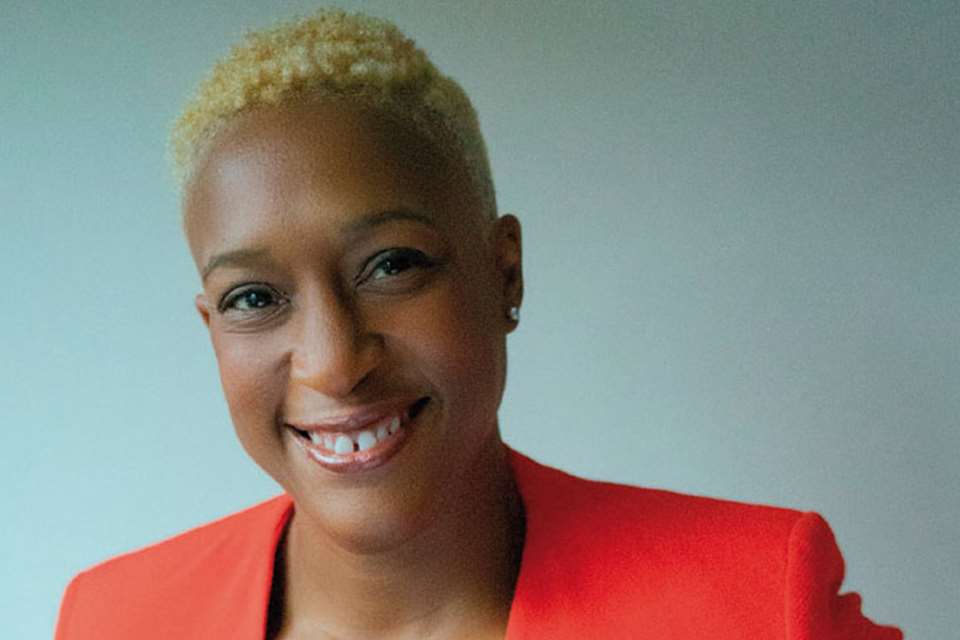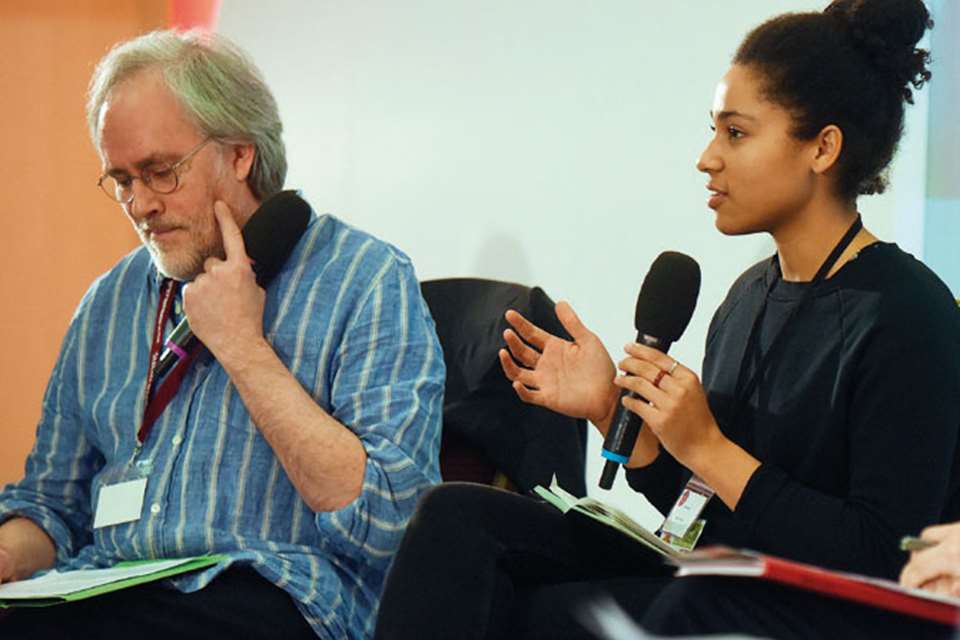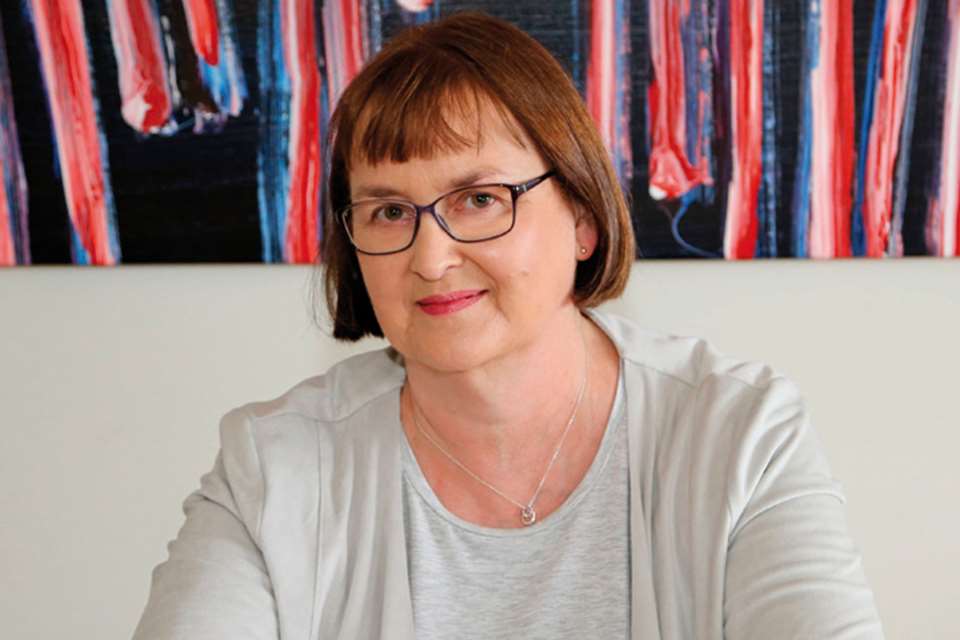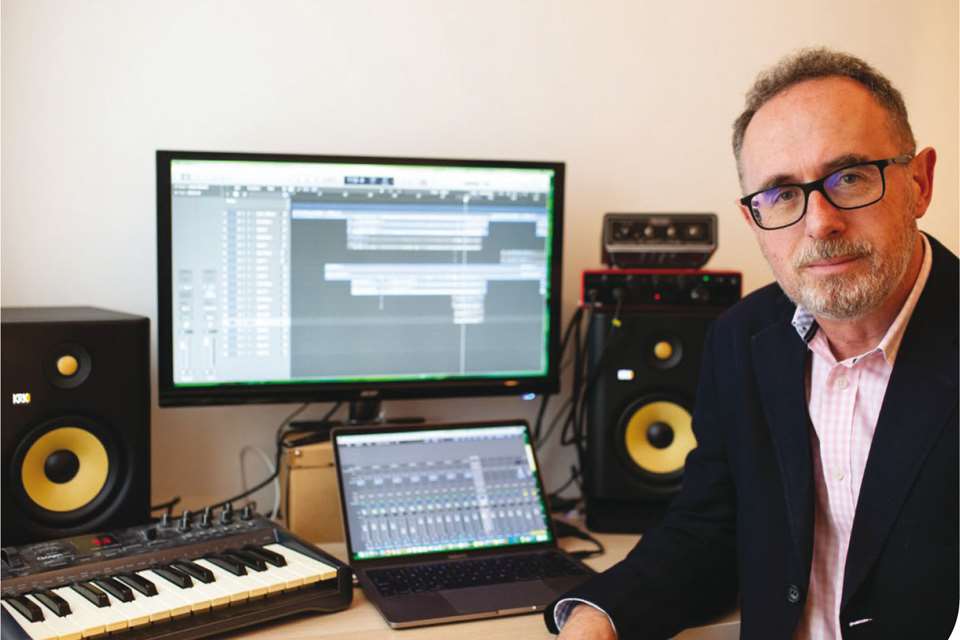Q&A: Dr Manvinder Rattan
Hattie Fisk
Wednesday, September 1, 2021
Having held the position of CEO and head of conductor training at Sing for Pleasure, Dr Manvinder Rattan has recently been appointed CEO of the Voices Foundation, a role he will take on alongside his conducting, teaching, and adjudicating engagements. Hattie Fisk catches up with him.
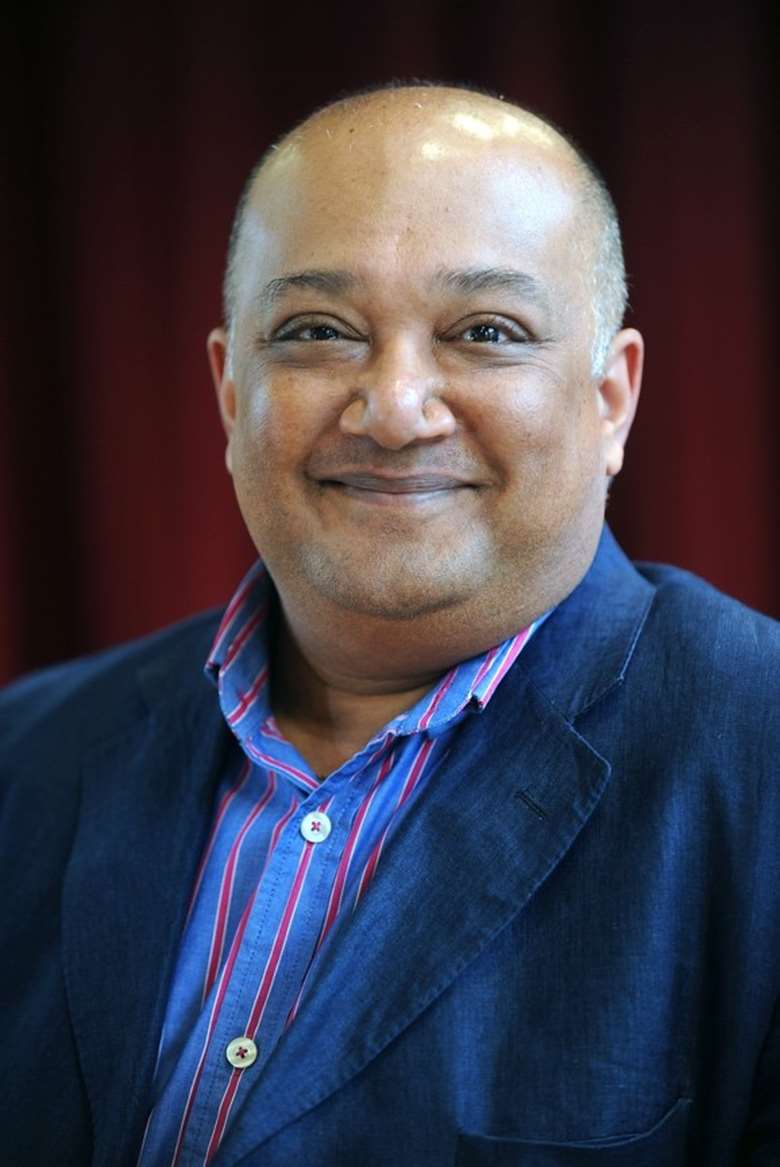
Marc Kirsten
HF: Congratulations on your new position! What is your vision in the role?
MR: I'm thrilled to be joining the Voices Foundation. This is an organisation with immense credibility in the field of music education that works directly with teachers, and through them with kids. I'm so proud to have been appointed to the role. I think my vision is that if every single child has singing as a weekly or even daily part of their lives, this country would be in a better place in all sorts of measures.
HF: What elements of the current music education system concern you?
MR: What mystifies me to a certain extent, is why every school in the country isn't driving its music curriculum, particularly singing, much harder. The private sector tends to throw a fair bit of money at it because they know that it works. They churn out all these incredibly confident youngsters who then take all the top places or top music departments around the country. The state sector, however, is extremely erratic – you've got beacons of absolute excellence dotted around the country, and then you've got up to a mediocrity everywhere else. I get very angry when we inflict mediocrity on our kids – they deserve much better than they're getting. If we gave them what they deserve, they will repay all sorts of benefits to our country.
HF: How do you think we can address this inequality?
MR: I think we probably need to take the Model Music Curriculum as a starting point. There are a lot of music organisations and people working in this field doing some remarkable work, but I suspect that in order to hit the long-term goal, we may have to collaborate more closely with each other. Fundamentally, the aim is more and more kids practising music, building on diversity particularly – servicing the whole demographic of our country, not just bits of it. Everyone needs to focus their efforts in a particular area where they know that they're going to make the biggest difference and target areas that the government highlights as needing greater attention.
HF: From your experience, what do you think needs improving in the music classroom?
MR: We need to work on representing ethnic minorities in positions of music leadership. It is so much easier for children to relate to what's going on at the front of the classroom if there is someone who looks a bit more like them doing it as well. If we spend all our lives looking at music leadership that doesn't look anything like us, how on earth are we going to ever think ‘that could be me’? That is something we're working hard on, and I know that this is something that the trustees and the team at the Voices Foundation take very seriously as well.
HF: Do you think music education can benefit students suffering with the repercussions of the pandemic?
MR: Absolutely. I remember Martin Ashley, a noted music educator, say not so long ago that he was talking to kids about the deprivation of music [during the pandemic]. He said a 14-year-old boy said as an aside, ‘I just miss messing around with my mate in the back row’. Now, that may sound irrelevant, but I think that's very telling, because it's not just about the singing together – it's about the two years of human interactions that have been wiped out for children during their developmental years. We pay the price of a pandemic, but I think music has a very important part to play now in helping us on the path to normality.


